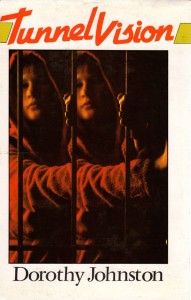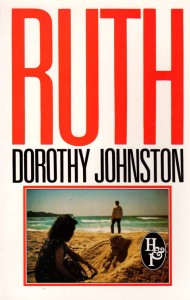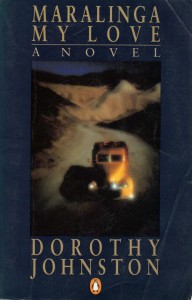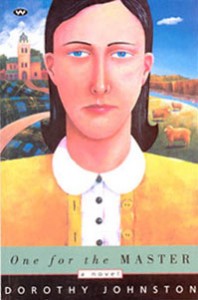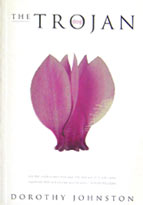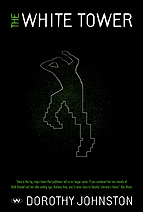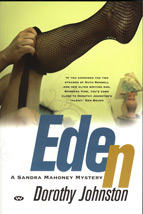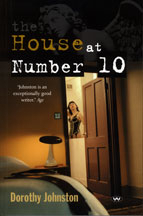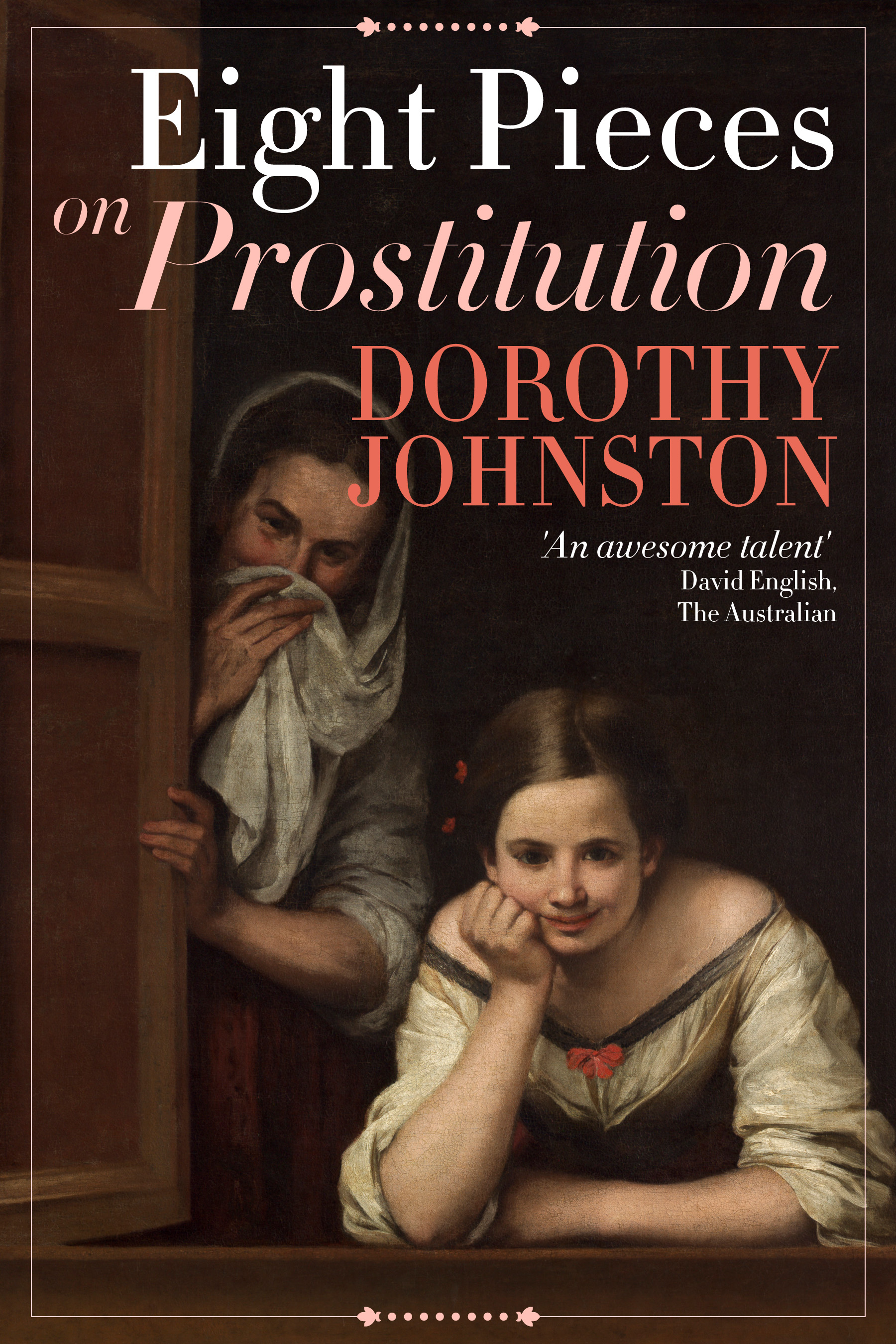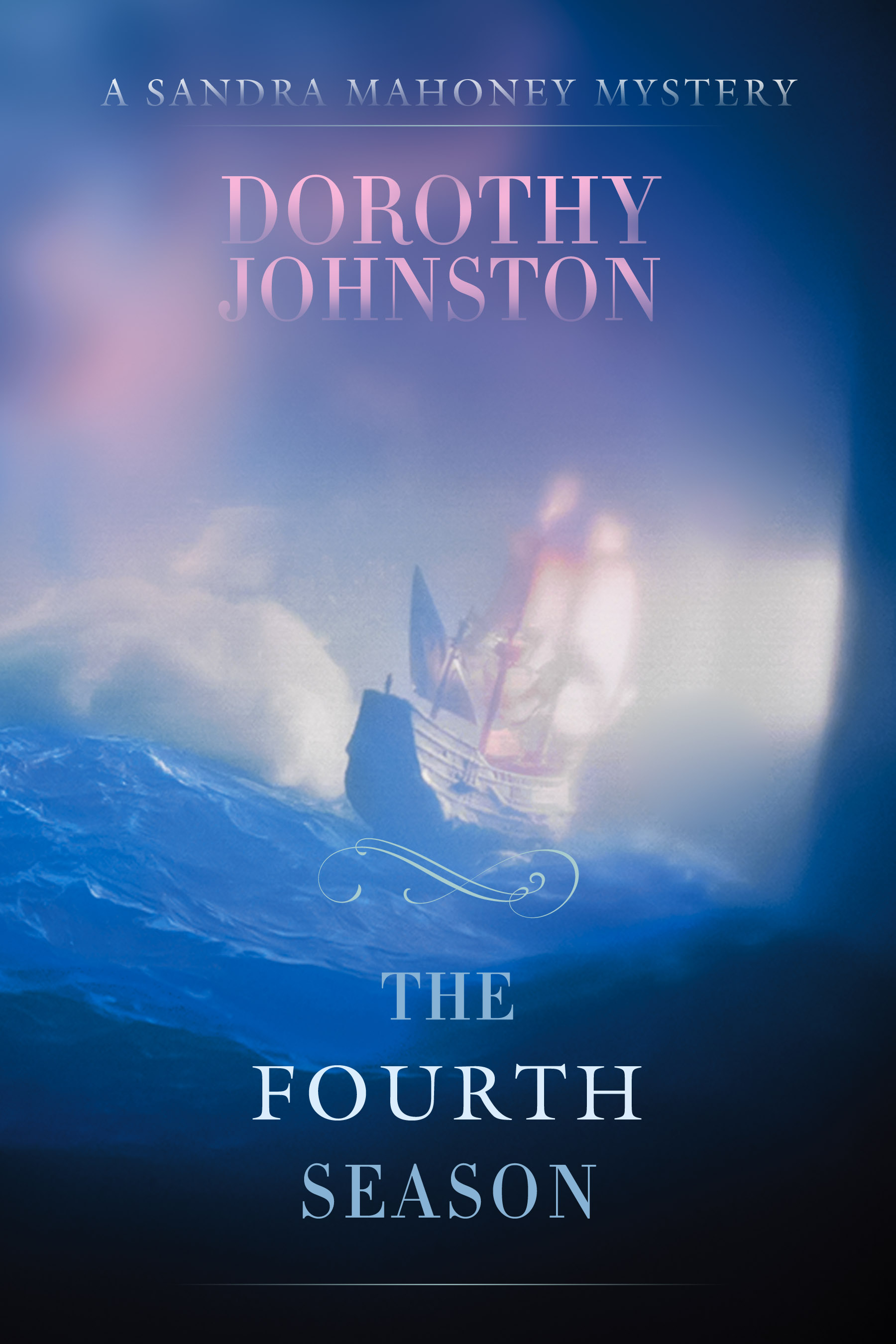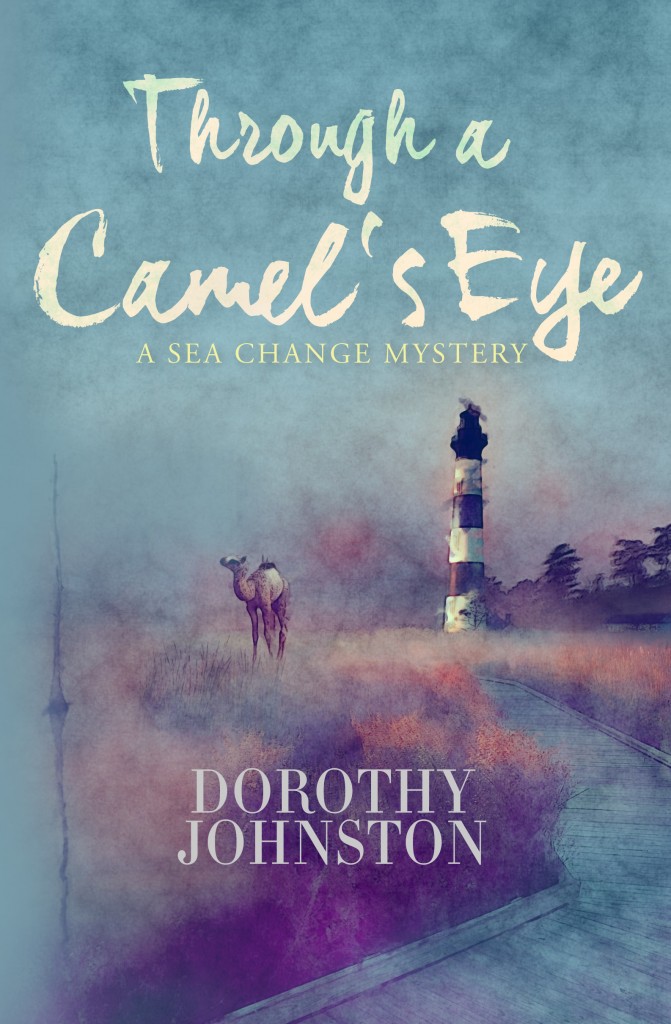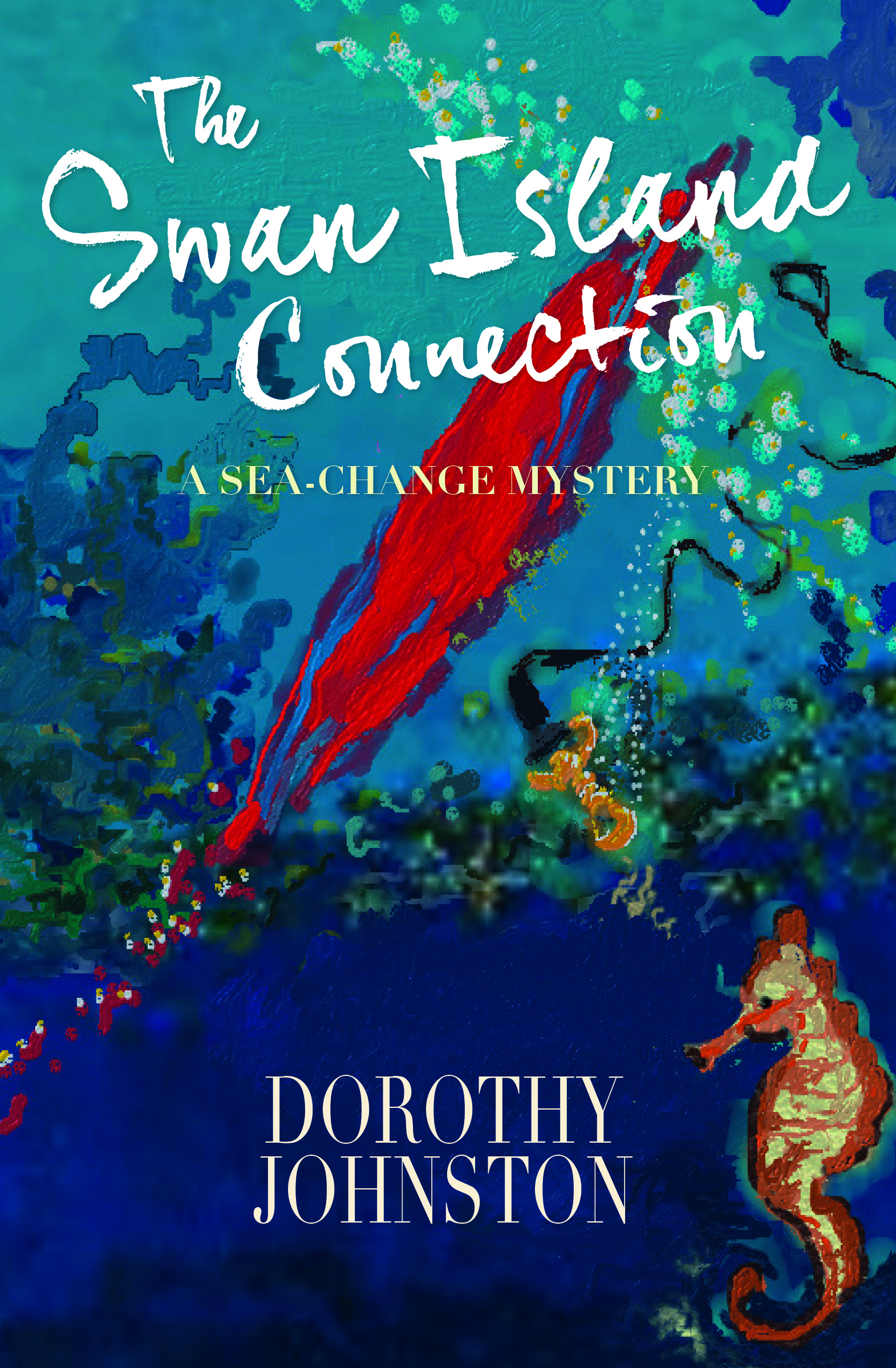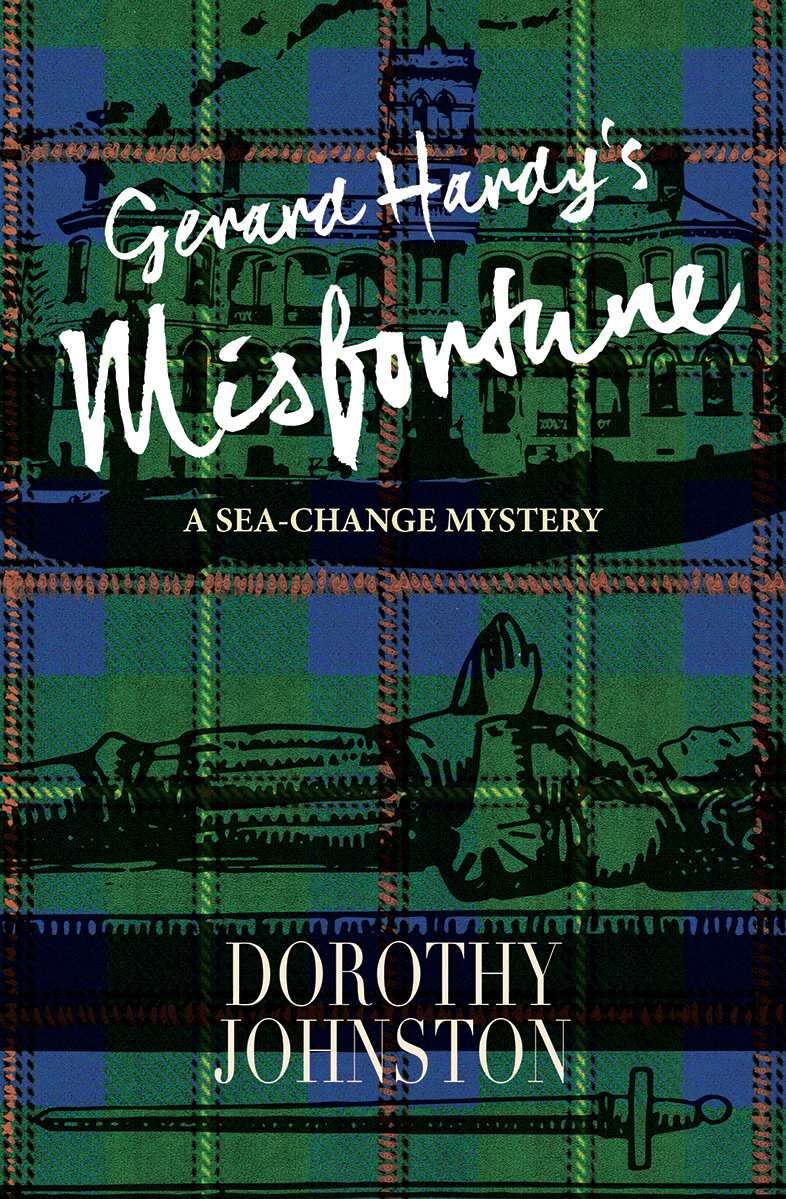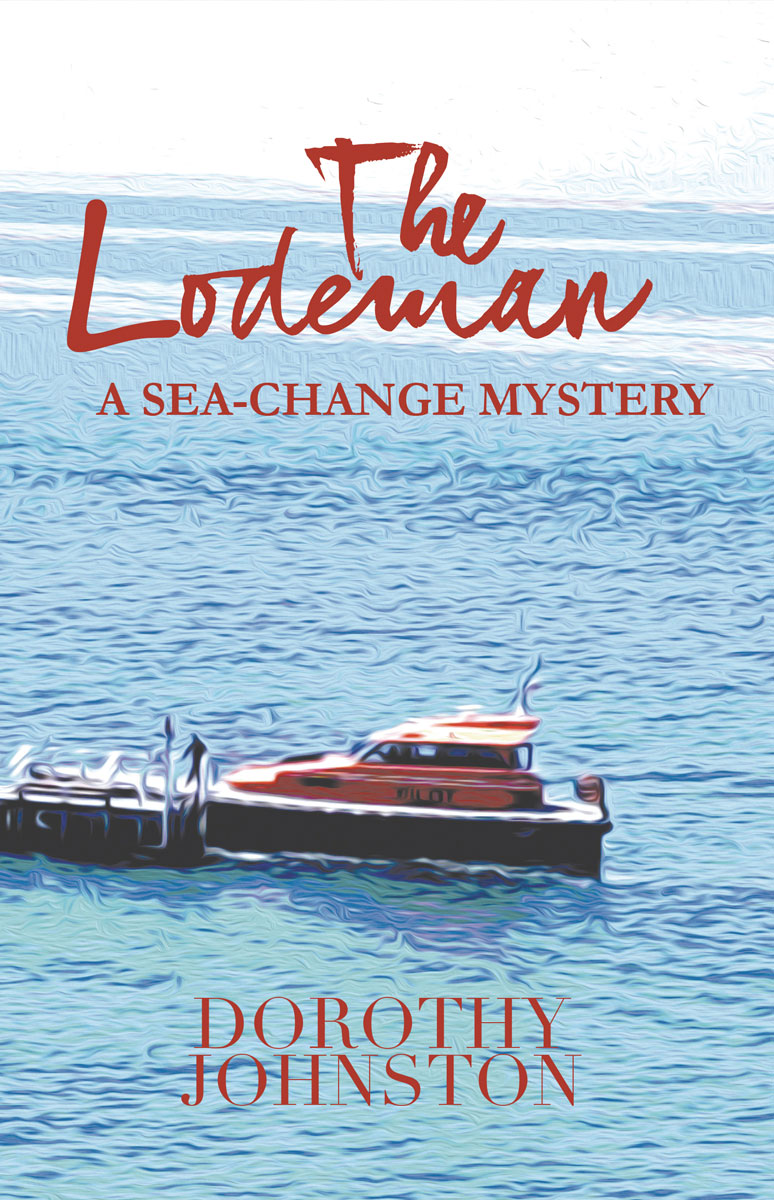Twice so far in my writing life, I have had the experience of being contacted by a stranger and told that the name I had chosen for a main character in a novel was her name, that it belonged to her. I’m wondering how many fiction authors have had similar experiences.
In one case, the person contacted me directly, in another through a relative. The first time it happened shortly after The House at Number 10 was published. I was contacted by Sophie Harper’s sister. Sophie Harper is my protagonist, and ‘the house at Number 10’ a brothel in Canberra, where my Sophie, recovering from a marriage break-down, and with a four-year-old daughter to support, finds work. Not surprisingly, the real Sophie Harper – and I’d chosen the name without thinking about this – was unsettled by my choice.
The second time it happened, the name belonged to one of my series protagonists, Sandra Mahoney, the main character in my Canberra crime trilogy.
This time, the contact was by email, and the real Sandra Mahoney was amused by the co-incidence.
I kept our emails, which I think provide interesting reading for anyone pondering the choice of a fictional name, especially a series name that a writer may have to live with for decades.
The real Sandra Mahoney’s first email:
Hi Dorothy well how about that!!! I was killing time waiting for a download to finish, doing searches on my name to see if anything came up and there it was Sandra Mahoney!!! Actually my married name is different but I was Miss Mahoney for a good 30 years. Now I can’t wait to see what I got up to. I wonder how many of us there are. Naturally I am curious as to how you came up with the name and if you have a spare minute I would love to hear from you.
My reply:
Good to hear from you. I’m wondering if you’re any kind of a detective, like my Sandra? I wanted an Irish surname, and Mahoney has a degree of literary fame, (as in ‘The Fortunes of Richard Mahony’), though you’ll see I’ve added an ‘e’. And Sandra struck me as a good solid Christian name. Actually you’re the second person to bob up and claim one of my protagonist’s names. The first was Sophie Harper…
Sandra’s reply:
No I am not a trained detective but I do fancy that I could have been one. I find myself thinking like one when problems happen. I read on your website that your Sandra has some dealings on the internet. I did too. I was going through a separation and found myself in the chat rooms and two years later have a new love through internet dating. The 2 years up to that point were wild, amazing, enlightening and voyeuristically crazy. I have often thought there was a book in it but as yet haven’t put fingers to the keypad. If you’re interested in the stories let me know. There was one point where I was so fed up with the lies and double crossing that goes on with the chat room people – I was seeing a man that I had met there and found out he was seeing several other women at the same time, so I set him up, with fantastic success. My best detective work yet. It was funny and very satisfying…
A nice example of nature following art? Perhaps. More a case of the wily dance art and nature are always engaged in, I think, a dance that can be intriguing for both writers and readers.
What did not strike me at the time, but what strikes me now, thinking back over the experience, was how defensive I felt, as though my choices were deliberate, when really it must happen every day that a fiction writer hits on a name belonging to a living, breathing person.
Then, a little while later, I began to feel proprietorial. I had as much right as these strangers did to the small words that we happened to hold in common. The books in question had been published; there was no going back. And the identity of my imaginary people was very much bound up in their names. I knew what their names meant to them, and the wealth of meanings that they carried, not just for themselves as characters, but for other characters as well.
I wasn’t vain enough to predict fame and fortune for them, but convinced myself that the point remained a valid one. Who could imagine Pride and Prejudice without Jane and Elizabeth Bennett, who an Anna Karenina without precisely that name?
I’d stumbled on something obvious, yet disturbing: Juliet was wrong. When she asked that famous question, Juliet was guilty of a piece of special pleading, understandable in the circumstances. The names of things and people do matter, and the meanings that accrue around them matter even more.
Those two instances I had, of being made to feel that I had ‘taken’ someone’s name, occurred quite close together, and, for the next few months, I nervously waited for the next one, the next phone call or email; perhaps, this time, having to face someone who was angry and accusing. It didn’t happen and my worry lessened until I more or less forgot about it. But I haven’t been able to think about those characters in quite the same way since. Shadows branch out, behind and to the sides of them, and I realize I’m still waiting for these shadows to take a form I recognize.
